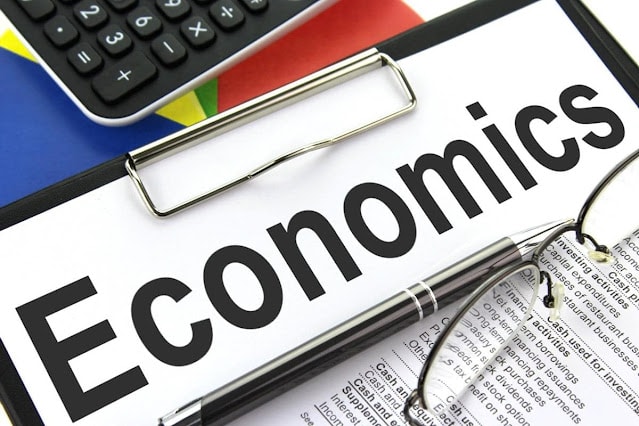What is the concept of Utility in Economics
The concept of ‘Utility’ was introduced by Jeremy Bentham in the 1780s. The concept was adopted in economics in the early 19th century with the works of Stanley Jevons, Alfred Marshall, etc.
Utility refers to the power of a commodity or service to satisfy a human want. Economists have labeled the term satisfaction as a utility. It is a subjective concept and therefore varies from person to person. As already stated, it resides in one’s mind and therefore cannot be measured in quantitative terms.

The utility is the want-satisfying power of the commodity. Every commodity has to want satisfying power. For example, when we drink a cup of tea, we get satisfaction. Though utility and satisfaction can be taken as similar meanings giving words, we should note that utility is the expected satisfaction whereas satisfaction implies ‘realized satisfaction’.
The utility is a psychological feeling of satisfaction, pleasure, or well-being which a consumer derives from the consumption, possession, or use of a commodity. However, the utility is not always a pleasurable feeling. It can be bitter and painful as well. For example, medicinal drugs are bitter but have the utility of curing illness.
Types of Utility in Economics
There are two types of Utility in Economics. These are:
1. Total Utility
It refers to the total satisfaction obtained from the consumption of a given unit of the commodity. If there are n unity of commodity, the total utility is the sum of the utilities of all n units of the commodity. Thus, if there are four units of a commodity, then total utility is the sum of those four units.
2. Marginal Utility
Marginal Utility refers to satisfaction obtained from the consumption of an additional unit of the commodity. It may be expressed as the difference between utility from current consumption and previous consumption. Marginal utility thus refers to the comparison between current and previous utility.
Marginal utility is also defined as the additional utility obtained from the consumption of an additional unit of the given commodity. It can be said numerically as the ratio of change in total utility to change in the consumption of a commodity.
Thus we can say utility as the power of one or commodity to satisfy their wants and needs. The utility can be pleasurable or maybe bitter or painful sometimes which depends on the needs and wants of a commodity.




